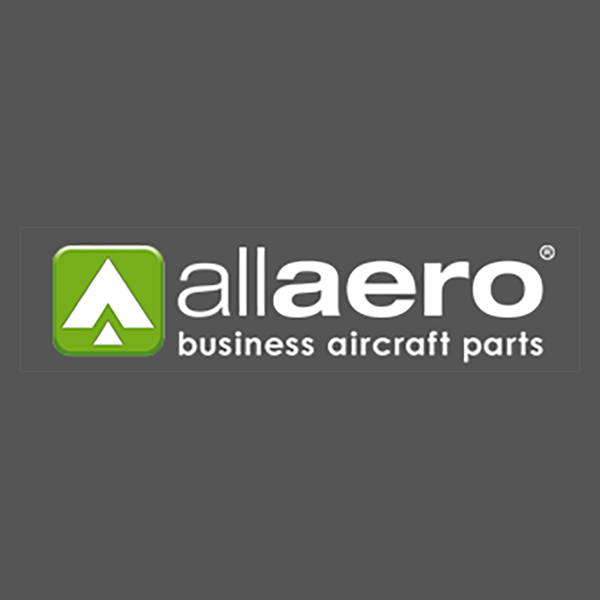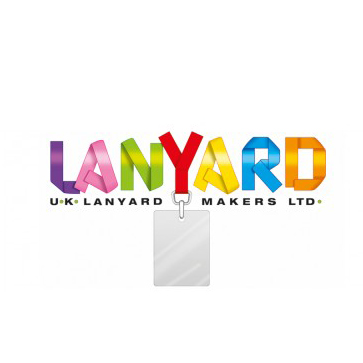
Schedule a brief, no obligation call with our team today.
The Enterprise Investment Scheme (EIS) and the Seed Enterprise Investment Scheme (SEIS) are two of a number of initiatives which help your company raise money by granting new investors significant tax relief when purchasing new shares.
EIS is aimed at helping businesses to grow who have been trading for two to seven years, whereas SEIS focuses on smaller businesses in their first two years of trading.







EIS is designed to help your company raise money to help with business growth. It does this by offering tax relief to individual investors who buy new shares in your company.
SEIS is designed to help your company raise money when it is starting to trade. It does this by offering tax relief to individual investors who buy new shares in your company.
Your company can use the scheme if it:
Your company and any qualifying subsidiaries must:
You must use the investment for a qualifying trade.
Most trades will qualify, including any research and development which will lead to a qualifying trade.
However, your company may not qualify if more than 20% of your trade includes things like:
Under the EIS scheme investors could claim back up to 30% of the value of their investment in form of income tax relief.
Under the SEIS scheme investors could claim back up to 50% of the value of their investment in form of income tax relief.
The money you raise from the investment must be spent within 3 years of the share issue. You must spend the
money on either:
You cannot use the investment to buy shares, unless the shares are in a qualifying 90% subsidiary that uses the money for a qualifying business activity.
SEIS focuses on smaller businesses in their first two years of trading, whereas EIS is aimed at helping businesses to grow who have been trading between two to seven years.
Each scheme has different qualifying criteria and the tax incentives are also slightly different for investors.
Your company can use the scheme if it:
Your company and any qualifying subsidiaries must:
If you have received investment through the Enterprise Investment Scheme (EIS) or from a venture capital trust, you cannot use SEIS.
If your company owns or controls any other companies, they must be ‘qualifying subsidiaries’.
This means:
The subsidiary must be at least 90% owned by your company where either the:
The money raised by the new share issue must be used for a qualifying business activity, which is either:
The money raised by the new share issue must:
The investment in your company must meet the risk to capital condition, which means:
You can receive investment under EIS if it is within 7 years of your company’s first commercial sale, or if part of a group, the group’s earliest commercial sale.
If you received investment in this period under EIS, SEIS, SITR, VCT or other state aid, you can use EIS to raise money for the same activity as long as you showed you were planning to do so in your original business plan.
If you did not receive investment within the first 7 years, or now want to raise money for a different activity from a previous investment, you will have to show that the money:
Our expertise spans a wide range of industries, with 60% of our client base concentrated in the following core sectors:
Consultants, agencies, engineers, and other specialised firms providing expert professional services.
SaaS companies, crypto businesses, software development firms, and tech start-ups.
Manufacturers, supply chain operators, warehousing businesses, and logistics providers.
While we specialise in these areas, our diverse client portfolio includes businesses across various industries, from retail to construction and manufacturing to hospitality.
No matter your sector, we’re equipped to support your growth and success.


